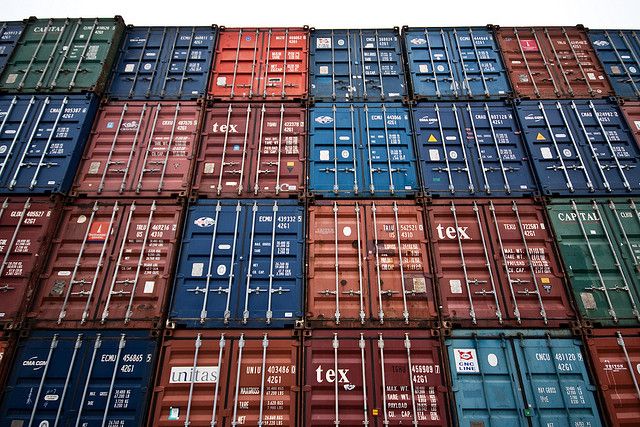
The freight industry loves acronyms. You’ve got FAKs (Freight of all kinds), BOLs (Bill of lading), and PODs (Proof of delivery), just to name a few. If you’re going to be a freight shipper, it’s best to recognize these terms. And though they are not technically acronyms, you’ll also find SCAC codes across documents and tracking systems from your first freight shipment to your last.
What are SCAC codes?
Standard Carrier Alpha Codes (SCAC) are unique codes assigned by the National Motor Freight Traffic Association (NMFTA) to identify transportation companies. These two-to-four-letter codes were initially developed in the 1960s to help facilitate computerization in the freight industry.
Though SCAC codes are common with LTL or Truckload shipping, they are used all over the transportation industry. SCAC codes are used in the automobile, petroleum, forestry, railroad, and ocean container industries, among many others. Like freight class, they are created and regulated by the NMFTA.
In LTL shipping, SCAC codes identify a number of commonly used carriers. These SCAC codes can be found on the bill of lading, and other similar shipping documents. They are also used in the freight tracking process, as well as scheduling pickups using EDI (Electronic date interchange).
What makes a SCAC crucial?
It’s quite straightforward. The SCAC code holds significant importance for motor carriers and transport companies in the USA. If you intend to transport goods into or out of the country, having the standard Alpha code is essential. Additionally, it is employed to monitor containers and motor vehicles engaged in commercial operations crossing state borders.
Do SCAC Codes expire?
Yes, your SCAC code does expire. They are valid for a period of one year. Failure to renew within this timeframe results in the deactivation of the code, requiring the application for a new SCAC number. Many SCAC holders opt for automatic renewal payments to ensure continuous validity.
Do freight brokers also need a SCAC?
Yes. In addition to freight carriers, brokers must possess a SCAC if they plan to engage in the Uniform Intermodal Interchange Agreement. It is imperative for them to uphold and retain this code on an annual basis.
Though it’s not necessary (or even possible) to memorize all SCAC codes in the industry, it always helps to familiarize yourself with the codes for your commonly used carriers. As with most things shipping: the more you know, the better your freight experience is going to be.





















